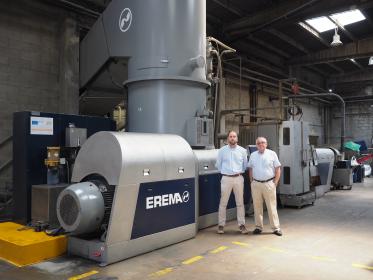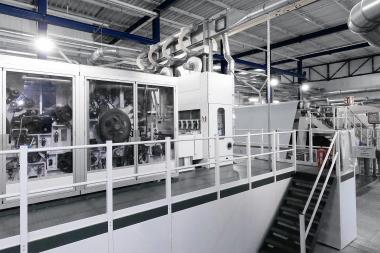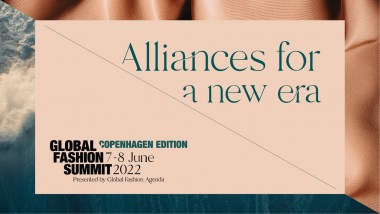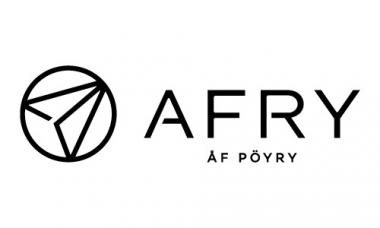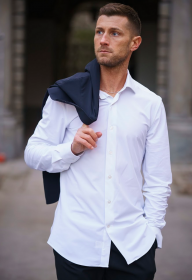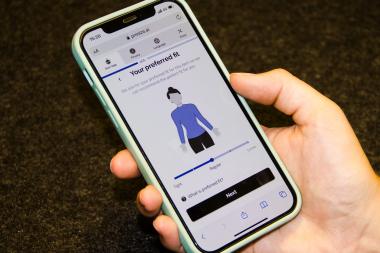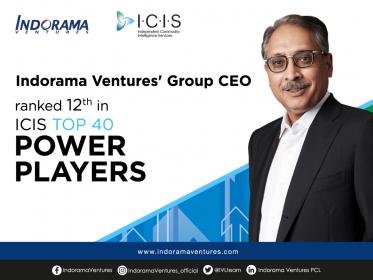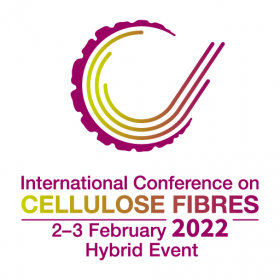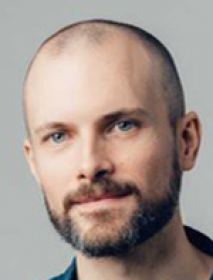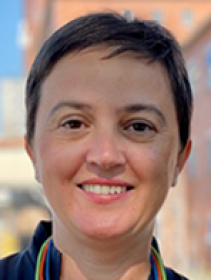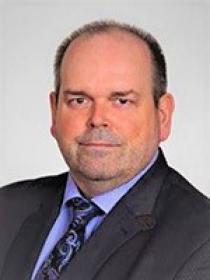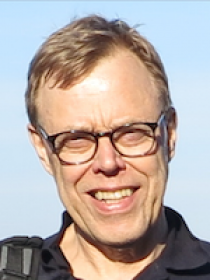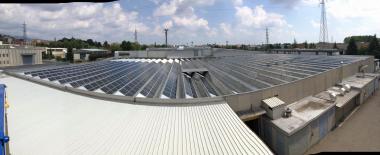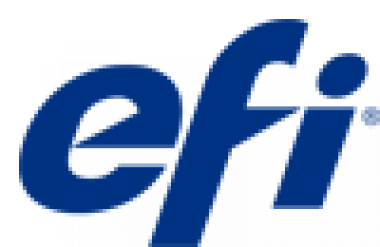EREMA: New R&D centre for innovative recycling technologies
Construction machinery rolls into action again. The ground-breaking ceremony at the EREMA site in Ansfelden on April, 6 signals the start of work on a new R&D centre. Two halls with a total area of 1,550 square metres and a new office building with 50 workplaces will be built. The R&D centre will offer cross-departmental and cross-company test machines and laboratory for research and development of plastics recycling technologies to further advance the circular economy. Completion is scheduled for February 2023.
Plastics recycling is currently evolving very rapidly from a niche to a trend. This is driven by the legislative targets for plastics recycling that the European Union and many countries around the world have enacted, as well as by the European Green Deal, which aims to make Europe the first climate-neutral continent and in which the circular economy plays a very central role.
However, there is not just one recycling solution for all types of plastic waste, but rather different solutions depending on the type of plastic, the product and the application intended for the recycled plastic. While some plastics processing loops, such as for PET bottles, have already been closed, many other plastic waste streams still require a great deal of R&D in cooperation with everyone involved in the value chain to produce recycled pellets that meet the very highest standards for the production of new products. More space will be available for this in the new centre.
R&D is decentralised at EREMA. In recent years, approximately 5 percent of turnover was reinvested annually in research and development. Employees from different departments handle process engineering challenges, innovations in mechanical engineering and automation technology, and special technologies with a view to further improving the quality of recycled pellets. They also focus on new recycling technologies for waste plastic materials for which there is currently no satisfactory circular economy solution. The decisive factor here is also to exploit the potential of digitalisation. By collecting and analysing machine data, not only can recycling processes and product quality be further improved, but we can also develop our digital service offering for our customers. Such offerings include customer-specific information tools that feature plant and process data, predictive maintenance and online support as well as commissioning via remote access.
For material tests, which are necessary for research and development work, an expanded machine park will be available following completion of the new R&D centre. Here, the recycling process can be evaluated end-to-end, including upstream and downstream processes such as shredding and further processing of the recycled pellets. The material tests are supported by detailed analysis in the professionally equipped laboratory, which will be relocated to the new premises and upgraded where necessary with the very latest lab equipment.
EREMA Engineering Recycling Maschinen und Anlagen GmbH









